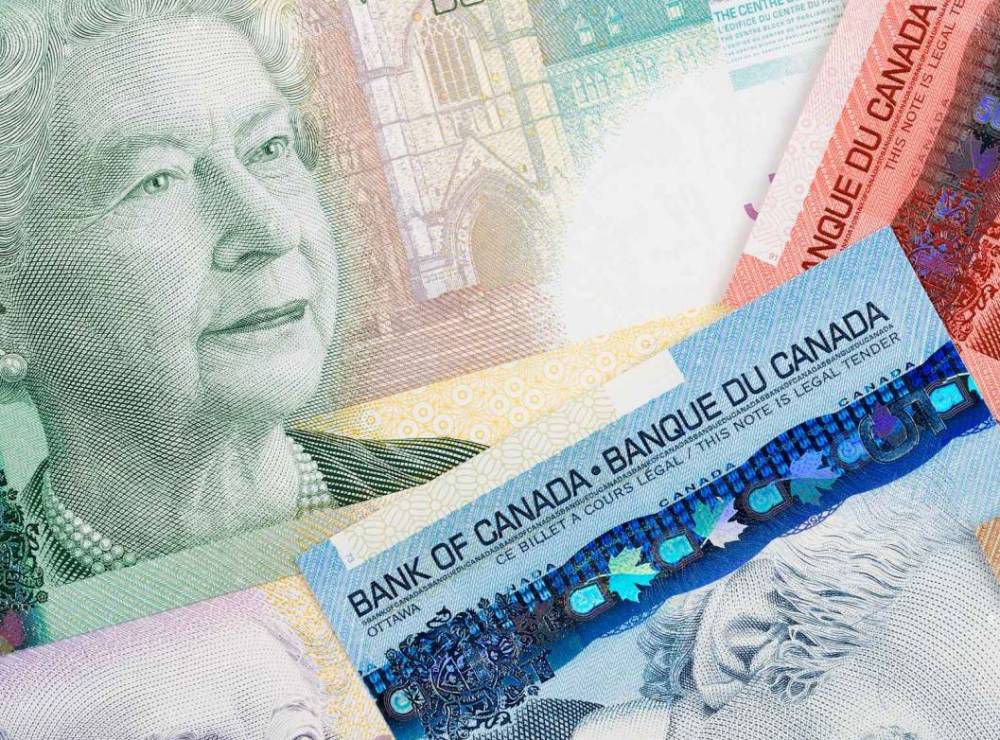
Searching for a property is difficult. Usually, you start with reading advertisements in newspapers and real estate websites. Several weeks pass by before you identify a property.
SPECIAL:Ready-made homes lure buyers
However, when you approach the builder, it is not uncommon to find that it has increased prices. What should you do in such a situation? Is it better to invest in a property at the launch stage when prices are the lowest?
SPECIAL:How to win a good property deal
EARLY BIRD
Early investors can avail of discounts. Most real estate projects are developed in phases. Even before the basic approvals are in place, developers start marketing projects to brokers and some buyers at a discount. This is called soft launch in industry parlance.
“To attract investors, developers offer a 10-15 per cent discount at soft launch. The discount may go up to 20 per cent for a smaller project, especially if it is still under conceptualisation,” says Amit Goenka, national director, capital transactions, Knight Frank India.
Developers use soft launches to start generating cash flow. Usually, they begin by inviting bookings from old customers and local property agents. The discount is for limited bookings and a short period. Soft launches also help developers gauge the market response before the formal launch.
“Builders understand that the early buyers are sharing the risk. The discount is a way to compensate them,” says Amit Gupta, managing director, Orris Infrastructure, a New Delhi-based developer.
Soft launches also benefit brokers and investors. “Brokers use pre-launches to offer clients a lower rate. When the project is launched officially, these clients sell at a premium, earning a good profit in a short period,” says Kailash Gahlot, director at Delhi-based Brisk Infrastructure and Developers.
Soft Launch
|
Builders keep rates low in the first few days of the launch too. This is because at this stage construction is just beginning and there is still a huge execution risk. So, builders offer a discount, though small, to create demand.
However, most developers allow buyers to sell under-construction properties after they receive a certain part of the total price, usually 25-30 per cent.
PRICE REVISIONS
Builders raise prices after development begins and the number of buyers increases.
“Typically, developers raise prices based on sales. If the phase that is up for sale gets, say, bookings for 20-30 per cent units in the first few months, the developer increases prices. The increase is determined by prices of competing projects in the vicinity. The extent is higher if sales are brisk or the price difference with a competing project is large,” says Knight Frank’s Goenka.
“The price increase is based on demand, the value perceived by the buyers and their appetite to pay more for the project’s advanced stages,” he adds.
Several developers revise rates after they sell a fixed number of units. “Usually, builders keep starting prices low to sell 20-25 per cent units in a project on a rate-to-rate basis or even below cost to start cash flow. They charge extra for the remaining units to recover cost or the profit margin lost on initial sales,” says Rajesh Goyal, managing director, RG Group, a New Delhi-based developer.
However, higher prices should not be the sole reason for striking out a property from your list. If the demand for a project is robust, it makes sense to clinch the deal even after prices have been increased. The risks associated with such projects are reduced significantly in later stages.
“The end-consumer should not be worried about price increases as the aim is to own a good property for living,” says Goenka.
RISK ZONE
An early bet can be risky. “Investing at the soft-launch stage is more risky than at the advanced stage. It is not advisable for a person with a low risk-taking ability unless the project is by a reputed builder and has all the necessary approvals. The project should be approved by reputed banks,” says Goenka.
By the time a project is open for the public, its status becomes clear and several risks are eliminated.
“In the initial phase, the project should have received at least basic approvals so that the developer can start ground-breaking and foundation work, build the sample apartment and print brochures,” says Goenka.
If you plan to benefit from low prices in early stages of property projects, you must be aware of the developments in the real estate market. “Talk to a good property dealer in the area and ask him to keep you updated on new launches. It is advisable to take professional advice before investing in a new project,” says Gahlot.
[“source-businesstoday”]



